Brink of recession
According to the UK Office for National Statistics (ONS), the UK economy has officially fallen into recession after two consecutive quarters of decline in the second half of 2023. Accordingly, the UK's GDP in the fourth quarter of 2023 decreased by 0.3% compared to the previous quarter. In the third quarter, the decrease was 0.1%.
All three main sectors, services, manufacturing and construction, declined.
Europe's top economy fell into recession after two years of stagnation.
Britain is going through a tough time indeed. Inflation in the UK hit double digits in 2022, the highest in more than four decades. Skyrocketing energy and food prices are making life difficult for people.
In late 2022, a series of pension funds in the UK were on the brink of collapse after a plunge in government bonds. The crisis forced the Bank of England (BOE) to intervene to calm the market and prevent disaster from happening to highly leveraged pension funds.
Closer to home, Germany is also at risk of falling into a “permanent crisis”. Germany is on the brink of recession as crises in its manufacturing and real estate sectors engulf Europe’s largest economy.
The German economy shrank by 0.3% in the final quarter of 2023. High interest rates from the European Central Bank (ECB) weighed on the economy.
Germany is in an unprecedented crisis as its industry is cut off from cheap energy from Russia and consumer demand from the billion-people Chinese market has weakened over the past two years. German industry, including the auto industry, is facing disruptions in the supply of spare parts due to regional geopolitical conflicts.
Like many countries, Germany's real estate market is also in crisis, many projects are canceled, and the construction industry is struggling.
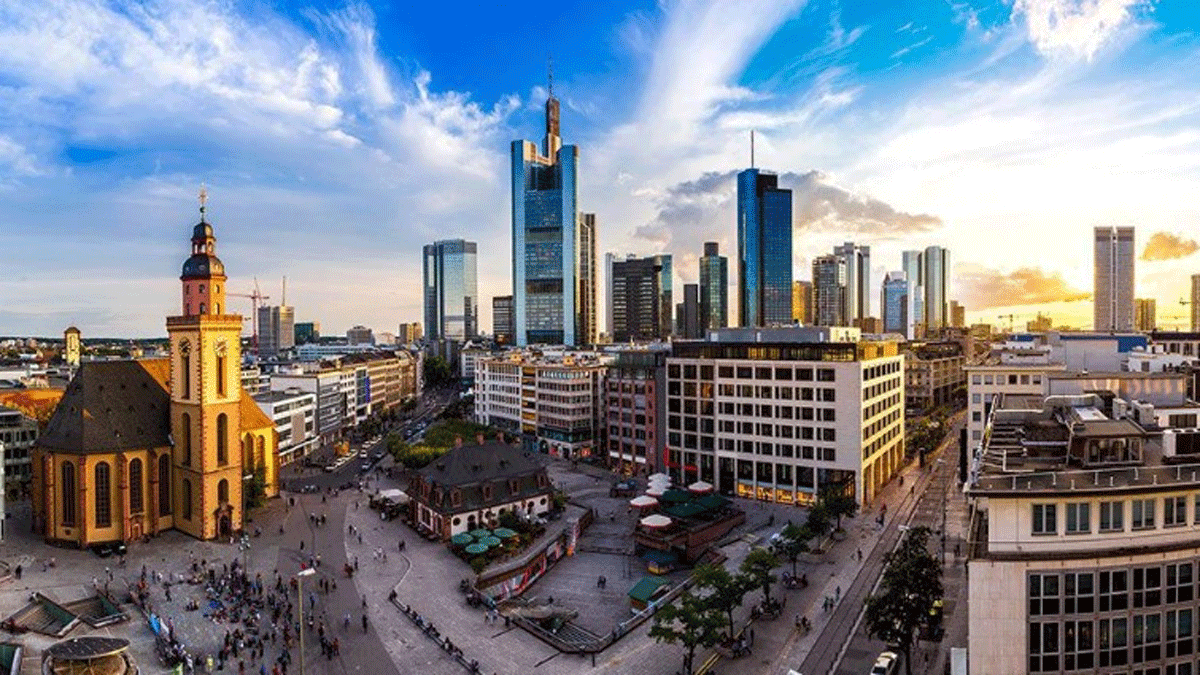
For Japan, the situation could be more dire as the Yen plunges to a decade-low against the US dollar. According to the Japan Times , by the end of 2023, Japan will lose its position as the world's third-largest economy to Germany, even as Europe's number one economy falls into crisis.
According to the International Monetary Fund (IMF), the size of Japan's economy has shrunk by more than $2 trillion over the past decade, to just $4.2 trillion in 2023. The reason is the country's aging population and large currency fluctuations.
China in trouble, what is the next world economic power?
In fact, the world economy is facing many difficulties not only due to the pandemic, geopolitical tensions or power conflicts, but also from weak demand from China.
Over the past few years, the world's second-largest economy - China - has been in a bad situation. China has seen a real estate crisis spread to the financial sector. At the end of January 2024, real estate giant Evergrande was officially designated to dissolve and liquidate its assets. This is the end of the giant Chinese real estate empire.
Evergrande’s collapse could shatter the dreams of many Chinese people to get rich, thereby affecting investment and consumer confidence. It could drag the Chinese economy deeper into recession.
Historically, Japan has needed a decade to recover from major shocks. In China, the recovery may be quicker, thanks to political will. But it could also take a long time.
On Reuters , Andrew Collier, Director of Orient Capital Research, said that Evergrande's bankruptcy is a signal that China is willing to go to the end to end the real estate bubble. This may have a positive impact on the economy in the long term, but will cause difficulties in the short term.
China’s net capital outflows hit record highs in 2023. The weakness of its domestic economy in 2023 suggests that China is losing its ability to attract and retain global capital.
China also added to its worries as its population fell for the second consecutive year, to 1.409 billion people last year.
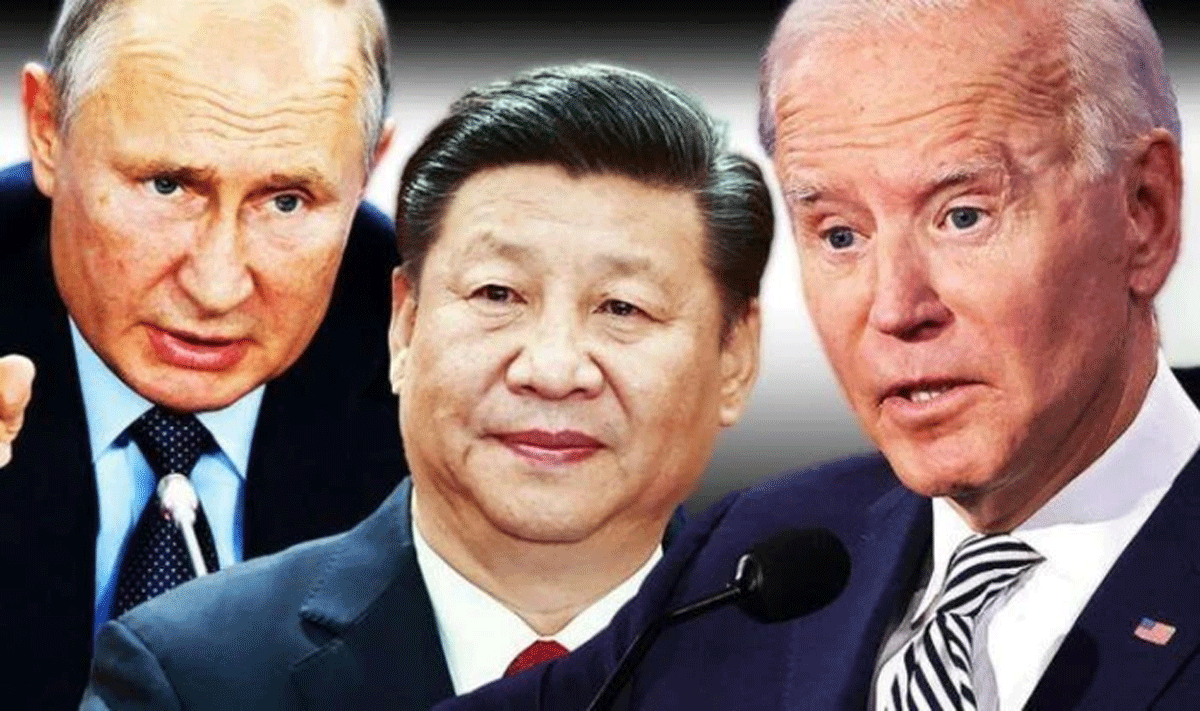
China's slow recovery is expected to have a negative impact on the world economy.
However, investors are placing their faith in two major economies, the US and India.
In fact, despite interest rates being at a 22-year high of 5.25-5.5% per year, American businesses are doing quite well. The delay and long loan terms help cushion the blow. The US economy continues to post surprisingly positive numbers.
Contrary to forecasts, the US economy grew beyond expectations and escaped recession spectacularly. According to the US Department of Commerce, the country's GDP increased by 3.3% in the fourth quarter of 2023, exceeding Wall Street's forecast of 2%. Previously, most economists were almost certain that the US would enter at least a mild recession.
US consumer demand and the labor market have been strong throughout 2023, thereby boosting the world's No. 1 economy.
Another bright spot is India. While many economic powerhouses struggle, India is holding its own and growing rapidly, with GDP growing 6.5% in 2023.
With a GDP of 3,750 billion USD, India has become the 5th largest economy in the world.
According to Japan Times, the Indian economy is poised to surpass the German and Japanese economies in the next few years.
According to S&P Global , as China's economy slows, the main growth engine in Asia-Pacific will shift to South Asia and Southeast Asia. India's economy will continue to grow over the next three years, leading growth in the region. In 2023, India will also surpass China to become the world's most populous country - a driving force for the country's economic growth.
It can be seen that while Europe is aging and China is slowing down, the US is still quite stable and South Asia and Southeast Asia are emerging strongly. There are more opportunities for economic development in these regions.
Expanding and upgrading relations with partners such as the US and India will help Vietnam have more growth opportunities. However, the world economy in 2024 still faces many risks, including the impact of the US presidential election, along with political tensions in the Middle East and the conflict in Ukraine.
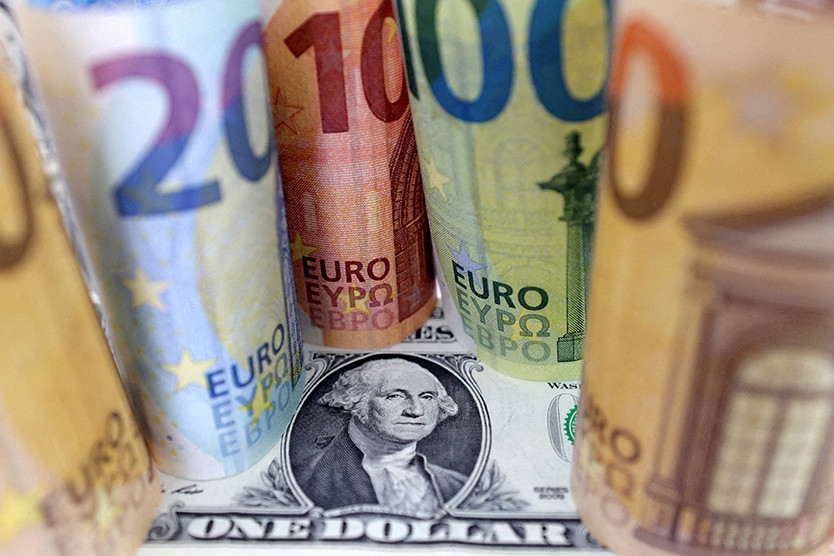
Source











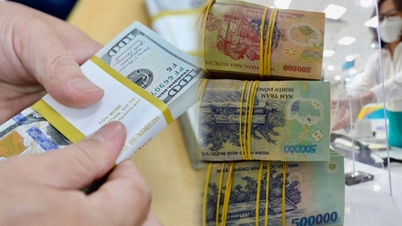


































































![[Photo series] Many Dong Nai products participate in the Southern Fruit Festival in 2025](https://vphoto.vietnam.vn/thumb/402x226/vietnam/resource/IMAGE/2025/6/1/dacb19003cee4155a6945db67914d9cf)

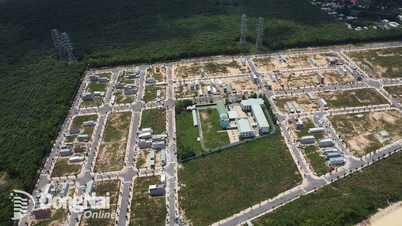




















Comment (0)